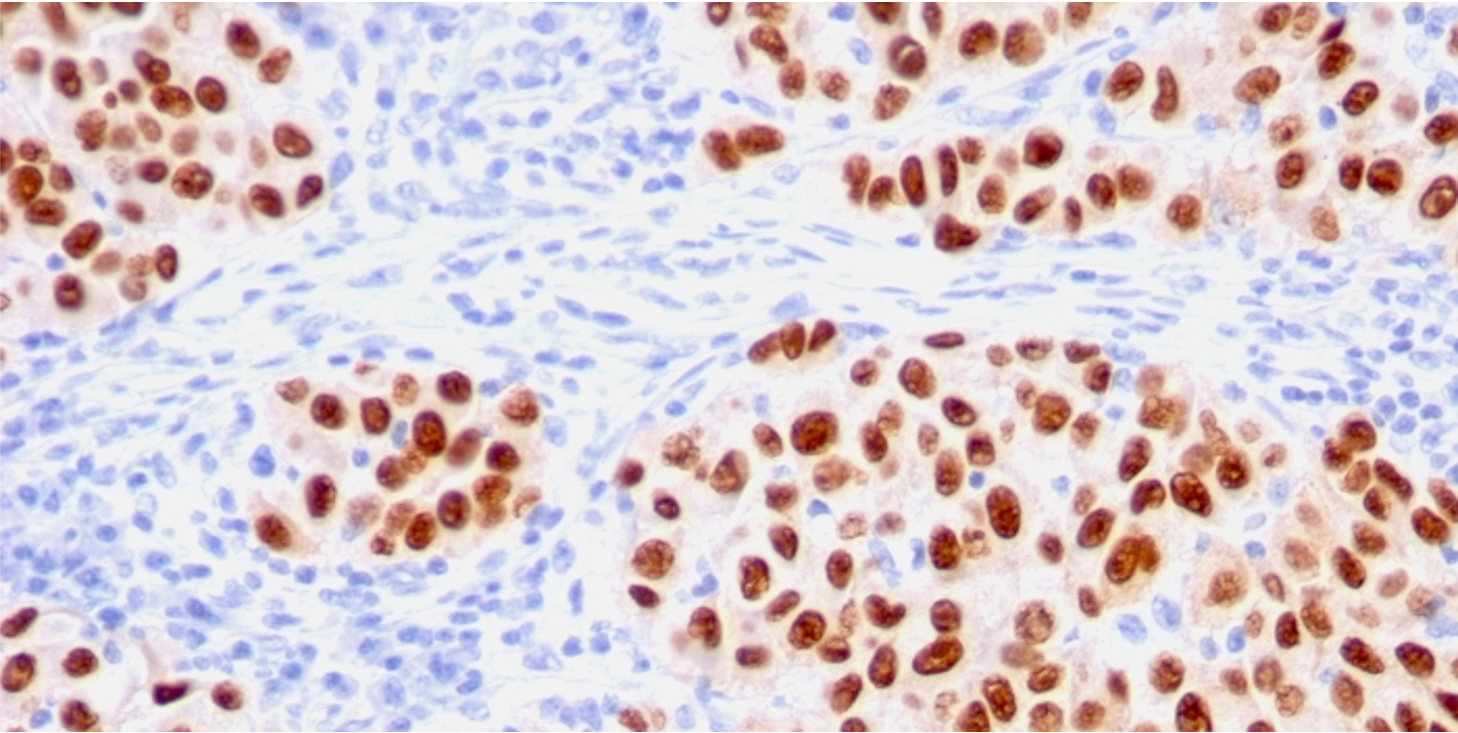In our previous blog we introduced the Aeonian Rating® and the RRID as annotations to our released antibodies. We now like to focus on the quality data presented on the product sheet.
Fit-for-Purpose (F4P)
All vendors and manufacturers claim their products to be fit for certain applications. They often call this type of evidence “validation”. Sadly, such evidence is rarely found. At best, we see some WB and/or IHC data on one or a few tissues and cell lines, but without any indication of meaningful staining patterns. Antibodies specific to certain brain proteins were “validated” in WB on HeLa cell line, which is not a brain-derived cell line. Antibodies specific to certain kidney protein were “validated” in IHC on breast cancer. Also ICC data often show a cell line with the entire cells stained. When the entire cell is stained, it suggests the antibody binds to everything on the cell, and therefore there is zero specificity. Likewise, many cases of antibodies declared “fit” for FC are demonstrated by showing a signal away from the background on a single cell line. The whole point of FC however, is to select the right cell type from a mixed cell population. Hence, FC data on a single cell line is rather meaningless (the antibody might bind the entire cell non-specifically), even when an isotype control that does not bind to the cells was included.
How specific is an antibody signal on a cell line? If the antibody is specific to a mitochondrial protein and it exclusively stains the mitochondria in the cell line, we have relevant data. In general, specificity is established by finding lower signals when compared with other same species cell lines which have lower expression levels of the target protein. The choice of tissues or cell types for antibody testing is very important, because real validation requires confirmation of the staining in the correct cell type or cell compartment and in physiologically relevant tissues. In addition, the antibody needs its specificity confirmed in the required assay type, in order to be fit for purpose.
Selectivity
A selective antibody does not bind (as strongly) to other related proteins, thus preventing cross-reactivity. Selectivity can be addressed in any type of immunoassay, as long as it includes the testing on closely related proteins. Both the antibody concentration and the levels of target protein and other related proteins need to be optimal in the testing. This may require artificially elevated levels of other members (of the same protein family) to match the expression levels of the target for comparisons. We should always make such comparisons in the assay type or platform for which the antibody is required. For example, an antibody required for native assays, such as ELISA, lateral flow and multiplex assays, may show different cross-reactivity in assays on denatured proteins, like in WB and IHC. Epitopes in off-target proteins that would be masked under native conditions may become available for binding after partly or complete denaturation. Hence, cross-reactivity tested under native conditions may validate the antibodies for assays under native conditions, but we must validate under denatured conditions when the antibody is needed to detect denatured proteins.
Integrity
In addition to the quality data in immunoassays (ICC, IHC, IP and WB), a substantial number of antibodies on our catalogue show molecular integrity data by SDS-PAGE and Coomassie staining under non-reducing and reducing conditions. Although these data confirm the antibodies were intact after production and purification, proteolytic breakdown is not to be expected. Instead, integrity loss due to exposure to high temperature is a much greater risk. More information on antibody integrity is accessible as a member.
Sign up to become a member to have access to publicly restricted information pages and a 10% discount on our catalogue items.
Abbreviations
FC: Flow Cytometry
ICC: Immunocytochemistry
IHC: Immunohistochemistry
WB: Western Blot


